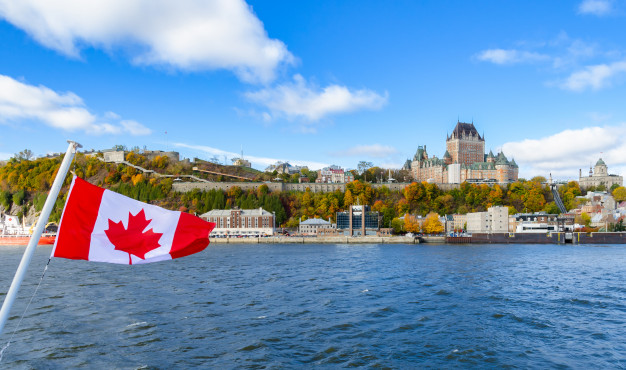The Canadian government released a guide that outlines guidelines for international students who aspire to study in Canada, while the COVID-19 pandemic still rages on. While the guide, titled “COVID-19: a guide for international students in Canada arriving from abroad”, also established the procedural responsibilities and roles of local and state authorities, it also outlines a number of points that international students will have to keep in mind when entering Canada, and while in the country. In this segment, we highlight a few of the most important points.
There are quite a few factors that students will have to keep in mind before entering Canada. While it is understood that students and other people accompanying them, if test positive for COVID-19, or show any symptoms of infection, will not be allowed to board the flight. Moreover, even if symptoms arise once their arrival in Canada, health authorities may turn the international student away at the border or guide them to a hospital for more checks.
Furthermore, under recent guidelines, there is a list of approved institutions which the government has compiled. The list outlines institutions that are taking appropriate measures to combat the spread of infection and entry into the list is based upon approval by state and central governments. Only students enrolled at institutions which are in this approved list will be allowed to enter Canada. So it is imperative that you check if your institution has submitted a Coronavirus-readiness plan and the plan has been approved, or else you could be turned back at the border.
While international students will require the usual study permit approval or study permit, the permit will not guarantee travel authorization. The volatile situation worldwide means that changes in circumstances and unforeseen eventualities may cause travel authorization to be revoked or invoked, based on the scenario. International students will also have to show Canadian border officials that their purpose of entry is purely on non-discretionary purposes.
It is also required the students and their accompanying passengers quarantine for the recommended 14 days once they enter the country. Furthermore, all persons should also wear a face-covering or face mask, which is adequate. While in quarantine, it is essential to take necessary precautions such as avoiding public places and avoiding mixing within the household unless necessary. It is also imperative that contact with higher-risk individuals, such as the elderly, be completely avoided. International students have also been advised to confirm eligibility for health-care coverage, and if not covered, to make appropriate arrangements. Very high penalties have been imposed on students who break quarantine rules or put others at unnecessary risk. Penalties range from hefty fines to imprisonment


















Add comment